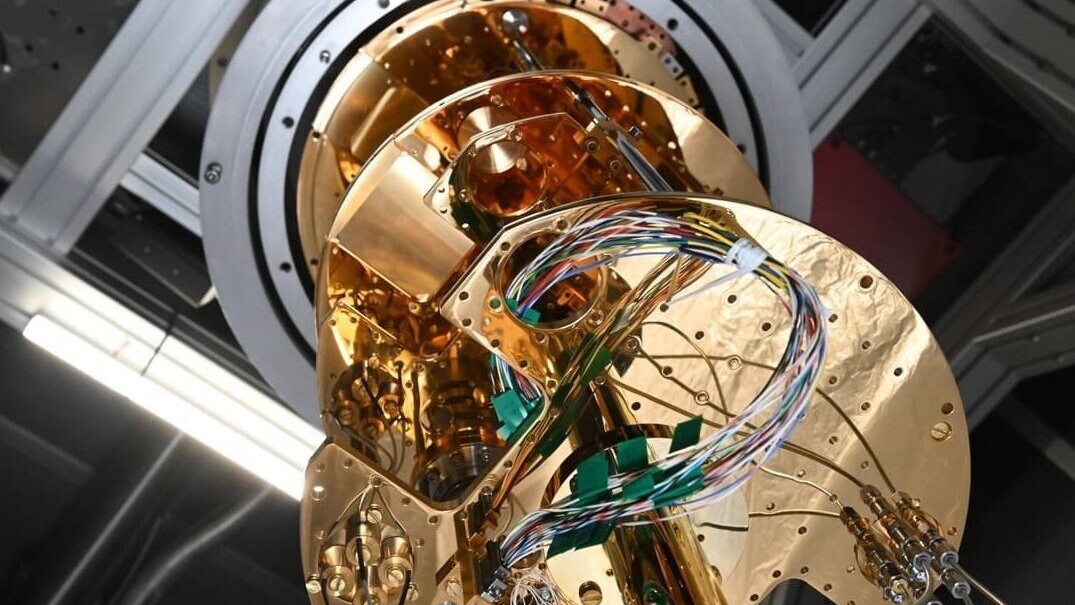
Quantum computers have an almost mythical status among data scientists and researchers. The dream of emerging out of the NISQ (noisy intermediate-scale quantum) era into a world of fault-tolerant qubits generating unbreakable encryption or solving climate change keeps many startups going despite difficult investment propositions with longer return horizons.
But quantum technologies don’t only inspire wonder and excitement — they are also a growing geopolitical concern. More and more countries are setting up ambitious quantum strategies, and the US has placed export controls on equipment that supports quantum technology development to China.
As part of its €1bn National Strategy for Quantum, France just launched what is called the PROQCIMA initiative. The aim of the €500mn program is to develop a universal fault-tolerant quantum computer with 128 logical qubits by 2032. And the Ministry of Defence has selected a cohort of five quantum startups to battle it out for the funding.
“Cat qubits” reducing quantum computing errors
One of the companies selected is Alice & Bob. The startup says it has developed what it calls “cat qubits.” Without getting too technical (meaning trying to bend our minds around qubit superposition), this significantly reduces one of the major issues with quantum development, namely error correction.
Its “cat qubit” is protected against what is called bit-flip errors, where the qubit’s state flips from 1 to 0 or vice versa. These can occur due to interactions with the environment or imperfections in quantum gate operations, and lead to computational inaccuracies.
According to research conducted by the company in collaboration with Inria, the French national research institute for digital science and technology, this approach could mean a 200-fold reduction of the resources needed to execute complex quantum algorithms, including code-breaking applications.
Quantum race is on for the French startups
The PROQCIMA initiative, which also foresees the industrialisation of a 2048-logical-qubits computer by 2035, will run as a competition for the next five years. After four years, three startups will remain. After eight years into the program, only two companies will continue to get funding.
“This initiative will support establishing our global leadership and fueling the whole ecosystem’s growth,” said Théau Peronnin, CEO and co-founder of Alice & Bob. “We stand ready to contribute our cat qubit fault-tolerant architecture to PROQCIMA, driving innovation and committing to deliver the full potential of quantum computing.”
Alice & Bob (named after the world’s most famous cryptographic couple) is based in Paris, France, and Boston, US, has secured €30mn in funding thus far, and employs over 90 people.
The other startups joining the company for PROQCIMA are:
- PASQAL, a company specialising in what is called neural-atom quantum computing with a roadmap to deliver a 10,000 qubit system by 2026.
- C12, developing custom quantum hardware for integration with classical supercomputers and using materials that eradicate so-called nuclear spin noise.
- Quandela, which has developed Prometheus, a high-quality generator of optical qubits based on single photons.
- Quably, which wants to build scalable quantum computers using existing European semiconductor fabs.
Get the TNW newsletter
Get the most important tech news in your inbox each week.
Also tagged with



